News from JLC
Inquiry, Maths and Writing

News from JLC
Inquiry, Maths and Writing
In Inquiry this semester, students have been learning about Generations and more specifically, about the lives of people in the past. They have been examining the differences between their lives and those of their parents and grandparents at a similar age. Some of the differences they have explored involve how families have changed over time, the importance and significance of celebrations and traditions within families and communities and how technology has changed within lifetimes.
One of the tasks for students was to talk to their parents and/or grandparents about what their lives were like when they were children, what school was like, what food they ate and how it was prepared differently, and what were some of the leisure activities that they enjoyed in their free time. Furthermore they were tasked with finding an object that their parents or grandparents used in the past, learning about what it was used for and how technology has changed that object into something new today or provide memories of a special time or occasion.
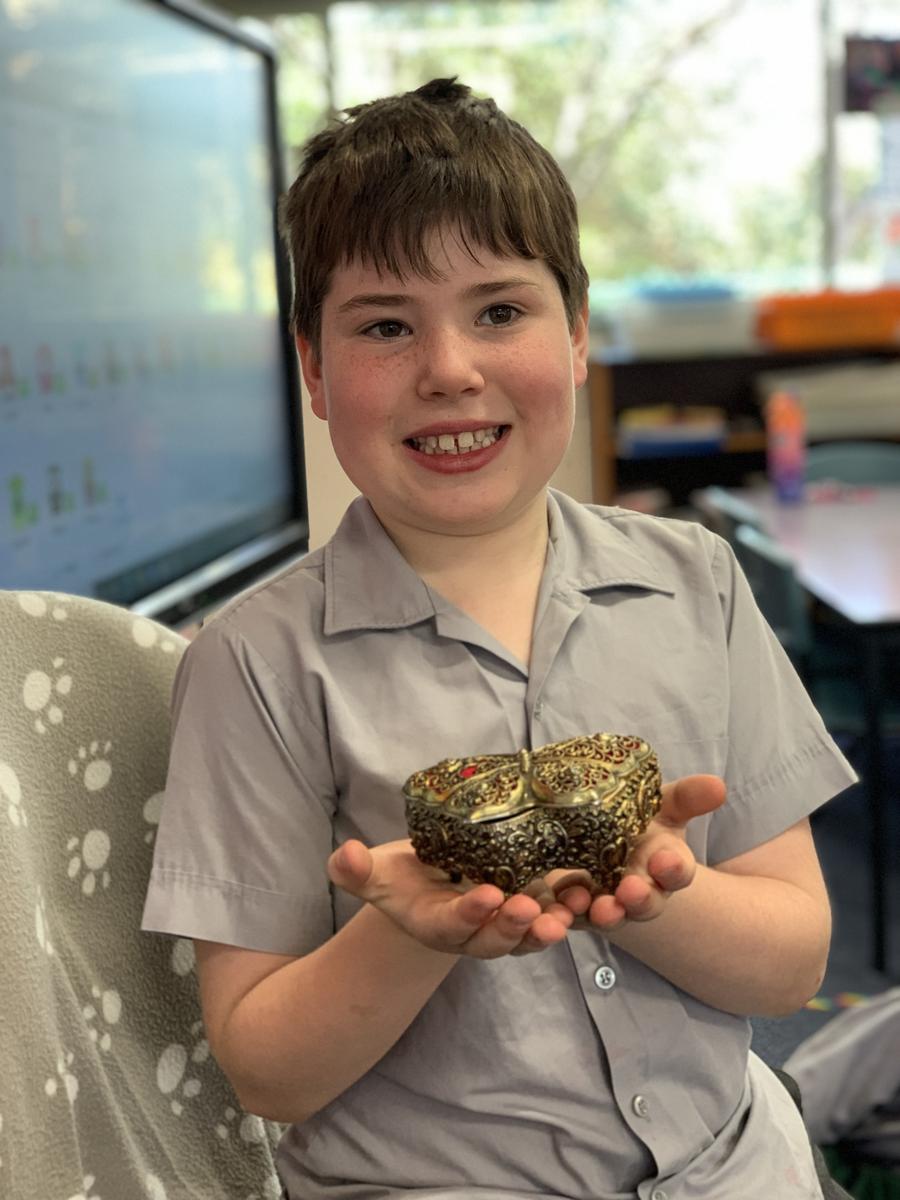
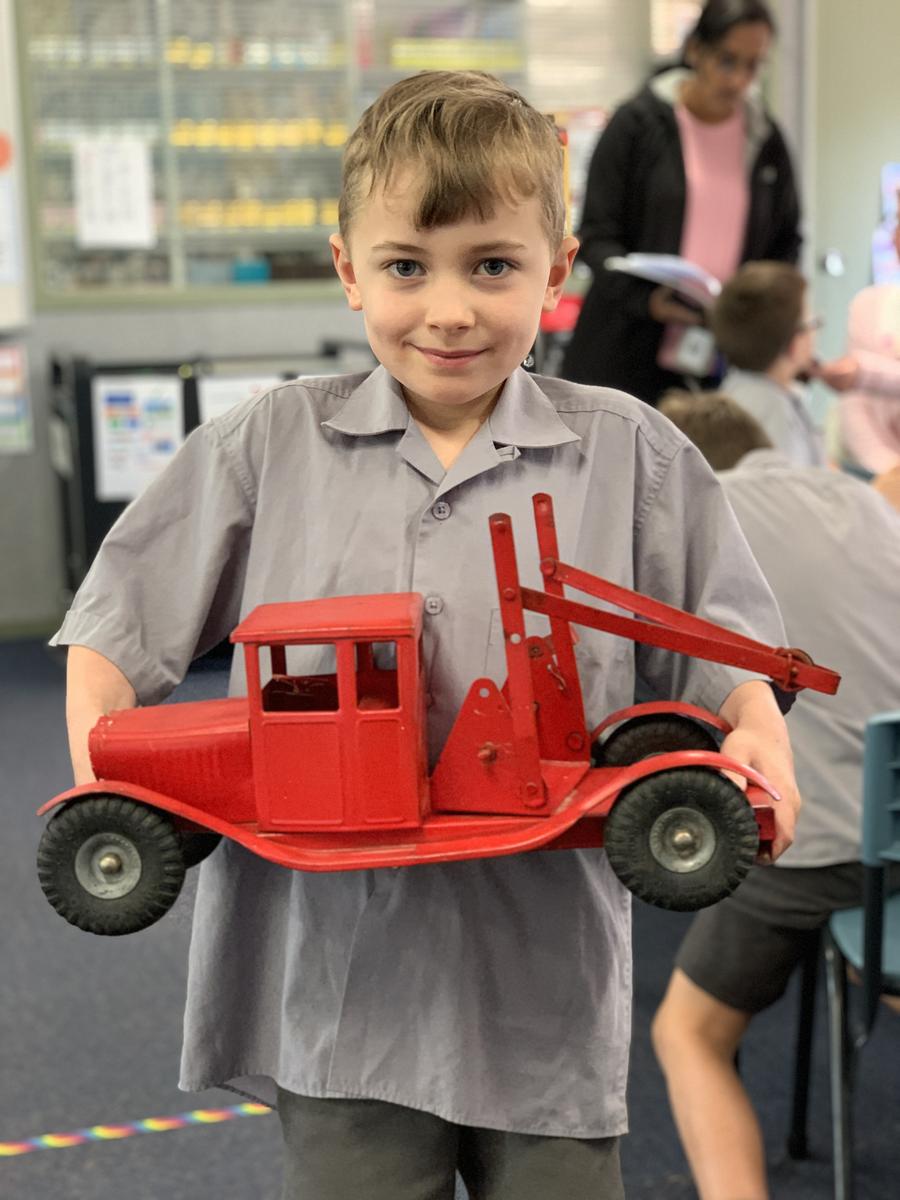




Students really embraced the task and we had a wide range of objects that were shown and discussed including: baby blankets; reel to reel, cassette and video tapes; a toy metal tow truck; a typewriter; a video camera, a digital camera, a film camera and a camera from WWII!
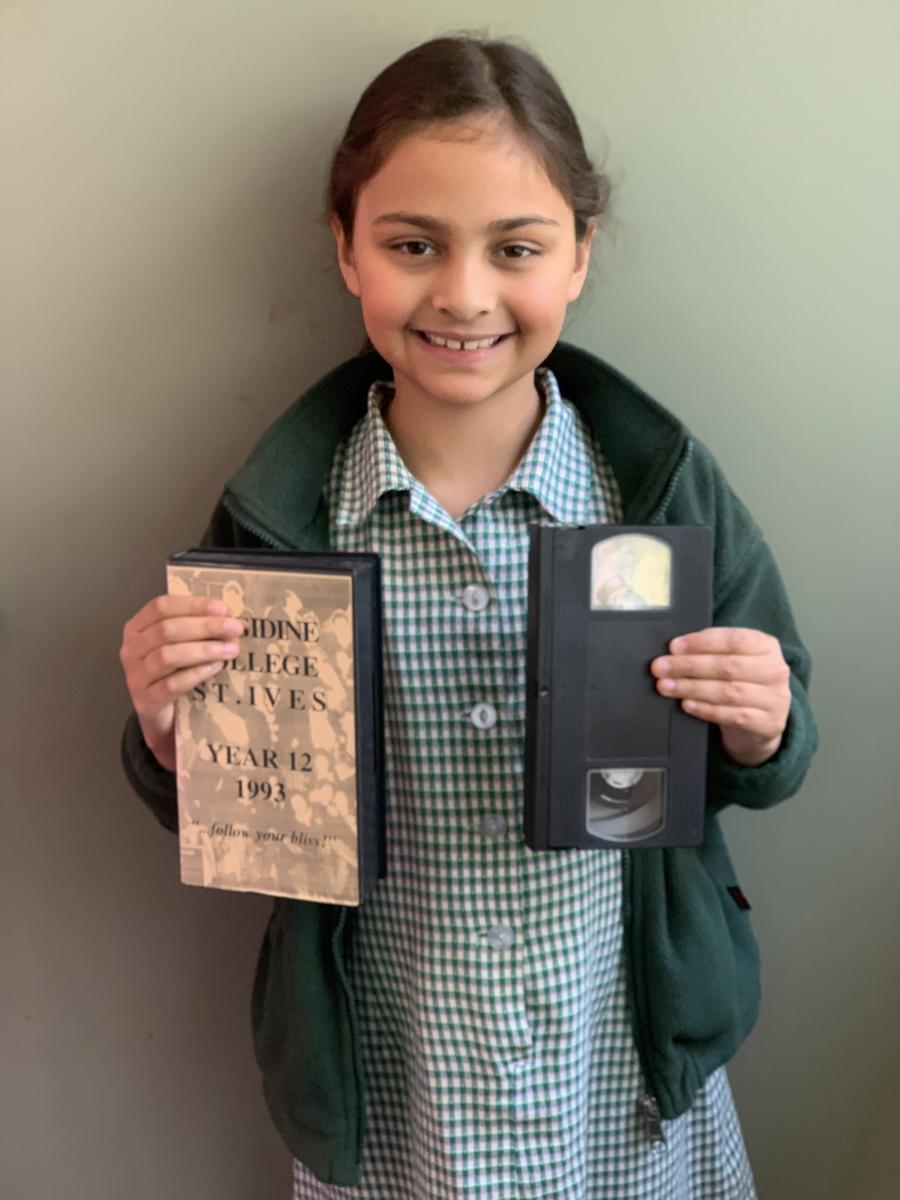
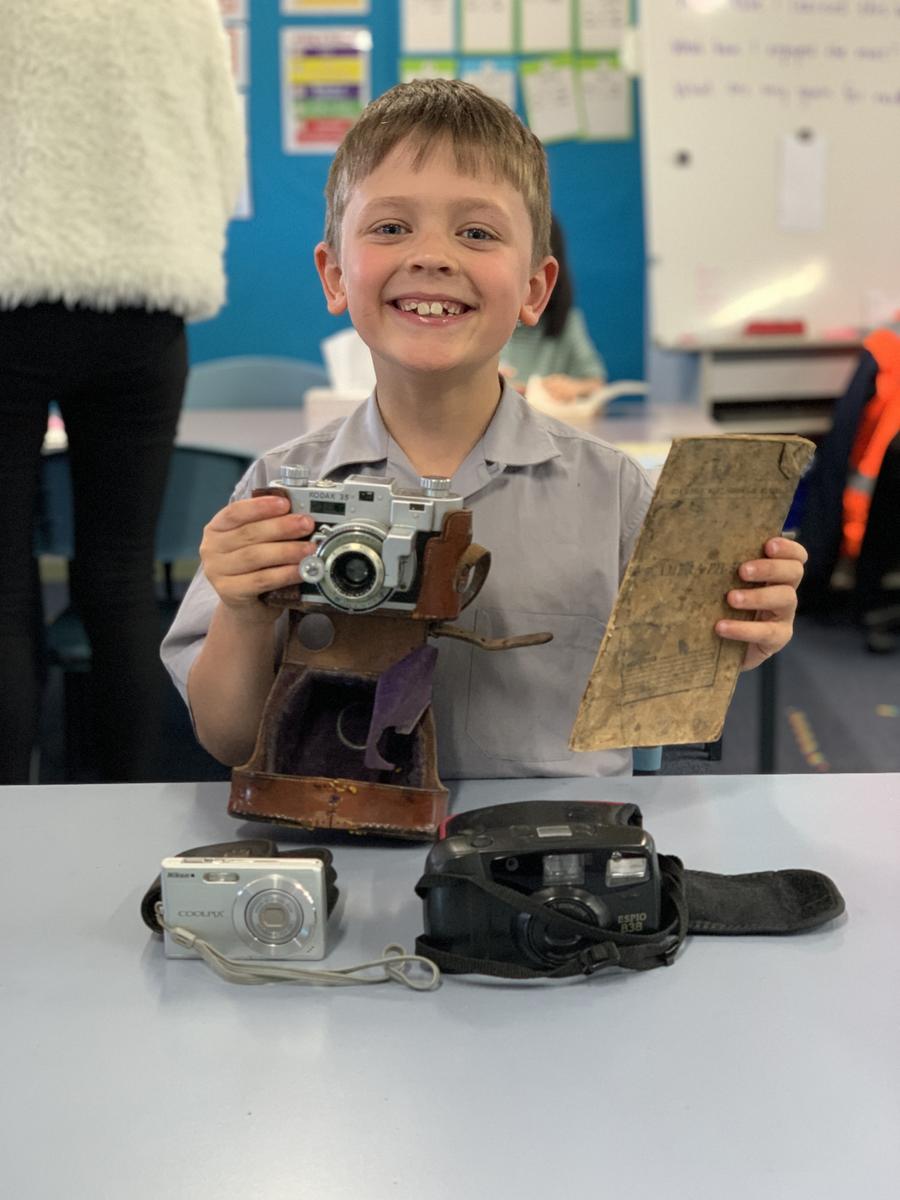
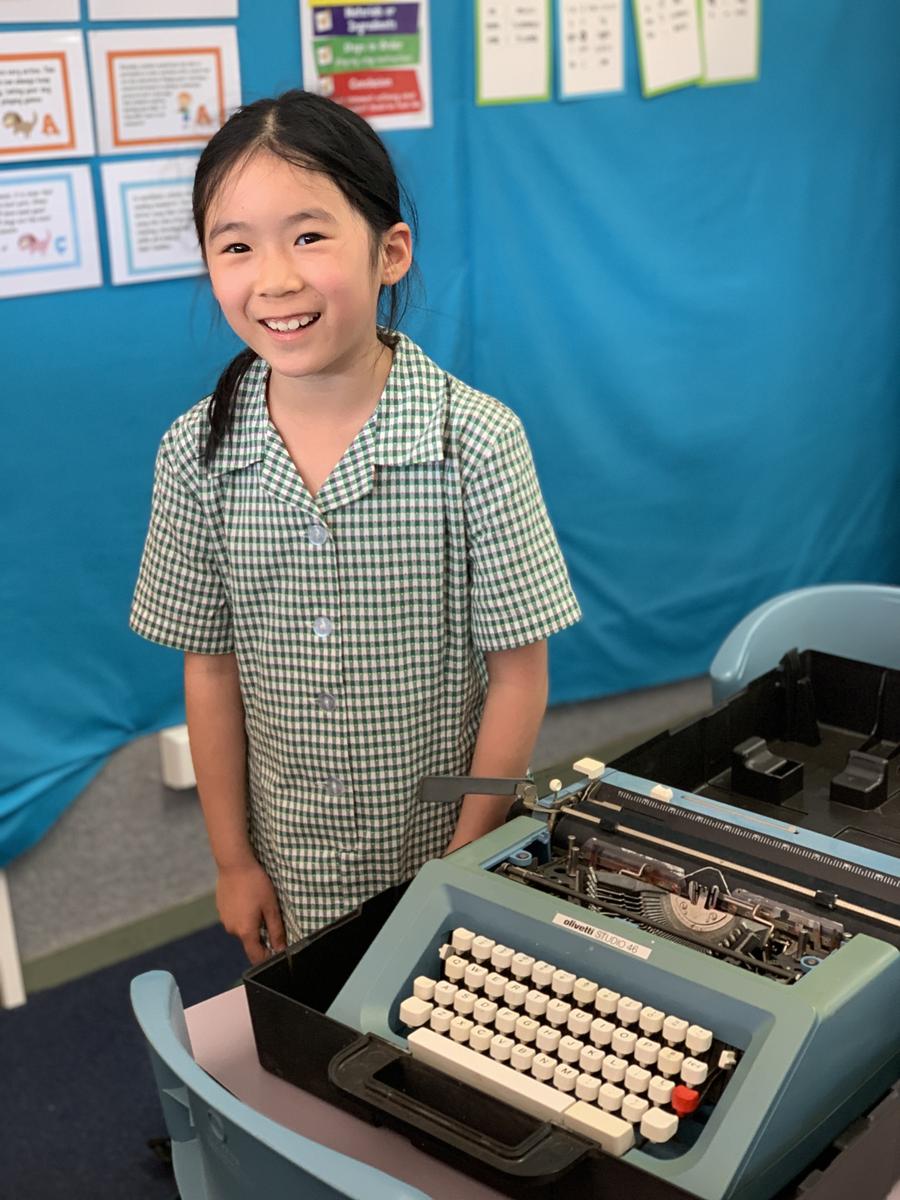



In Maths, students have been learning how to count money and work out change in situations involving shopping. We set up a Shopping Centre in our classroom with a range of different shops including a clothes shop, grocery store, bakery, greengrocer and a toy shop.

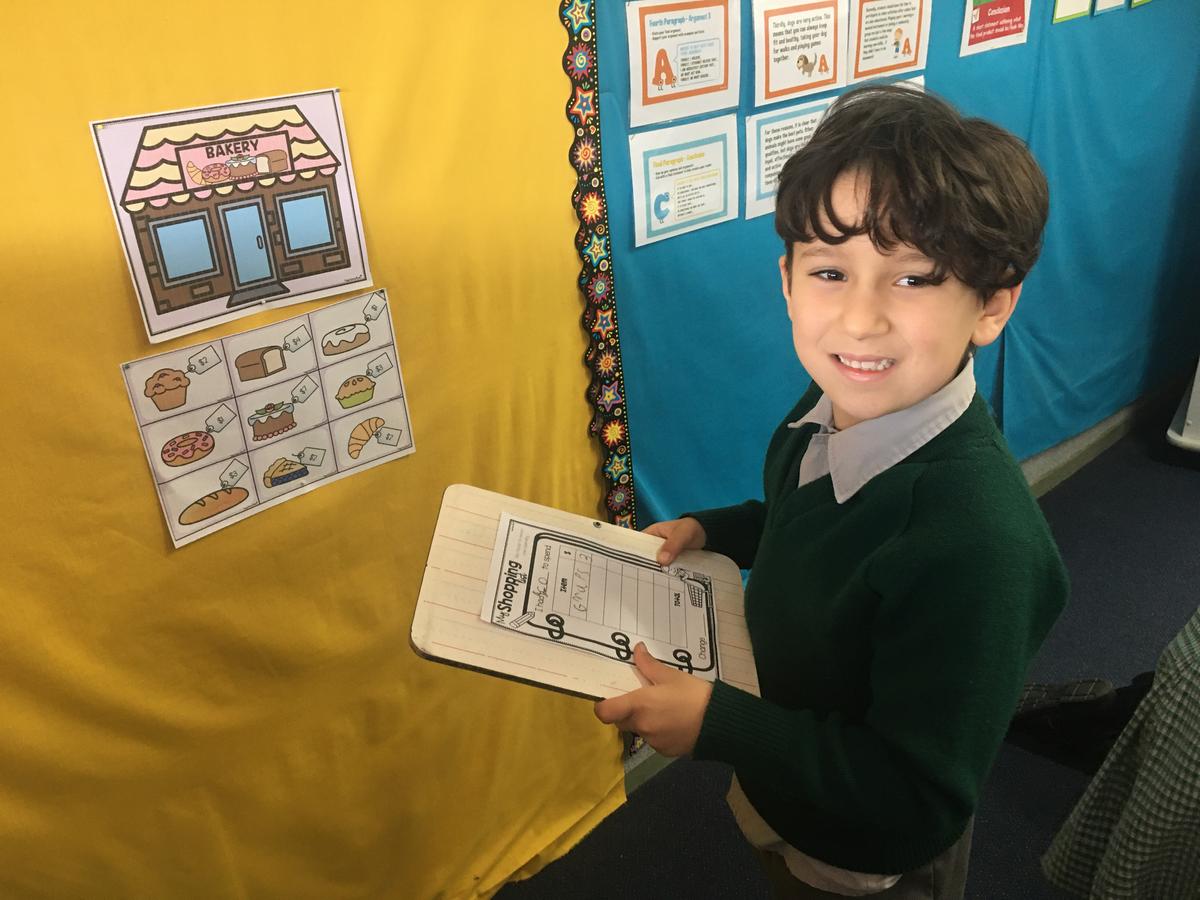




Students were given $20 to spend at the shops and they were required to write down the items they wanted to buy on a shopping list with the cost. When they completed their shopping, students added up their items to check that they hadn't gone over budget.






They had to visit the shopkeepers, Miss Wills and Ms Durrant, to count out their money and pay for their items as well as to work out any change from their $20. Using money in scenarios that mimic real life are important for students to practise valuable and essential financial and mathematical skills.
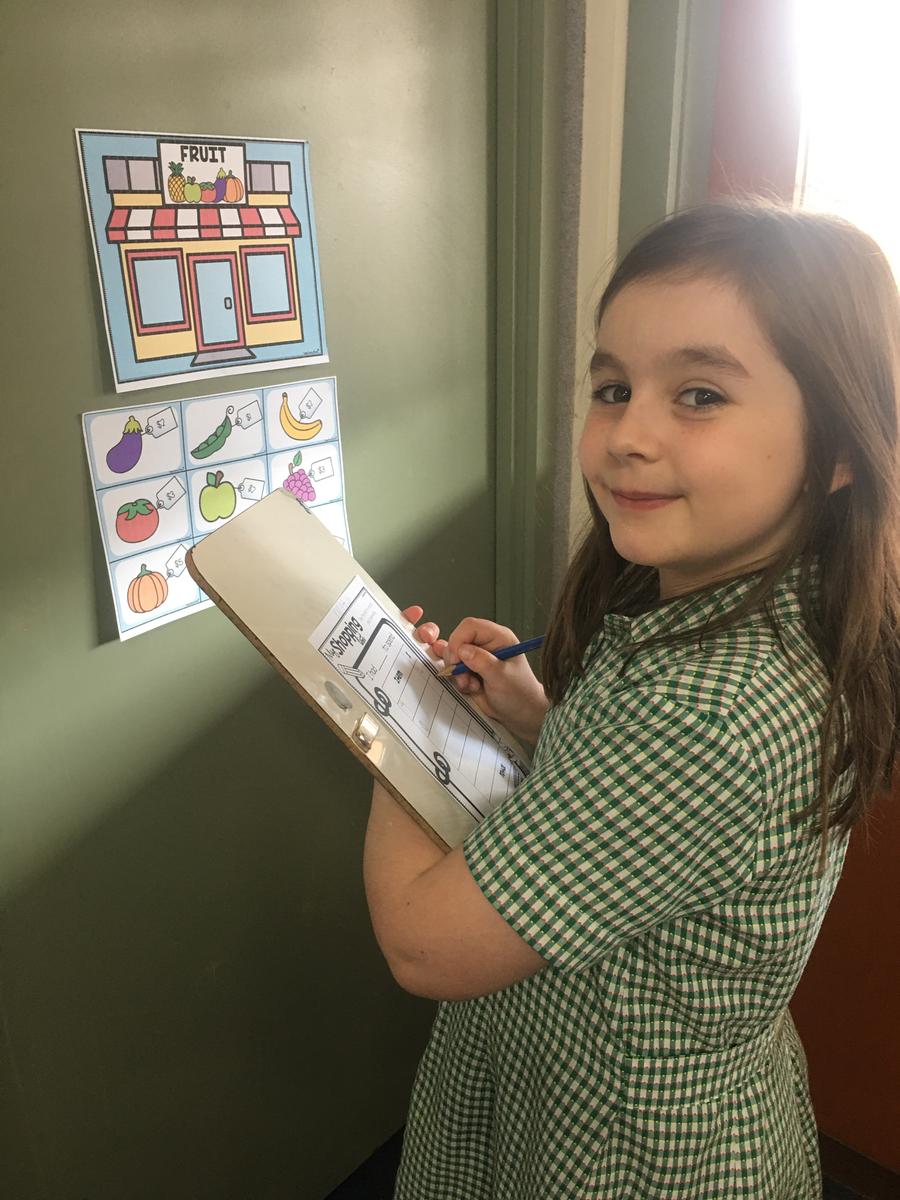
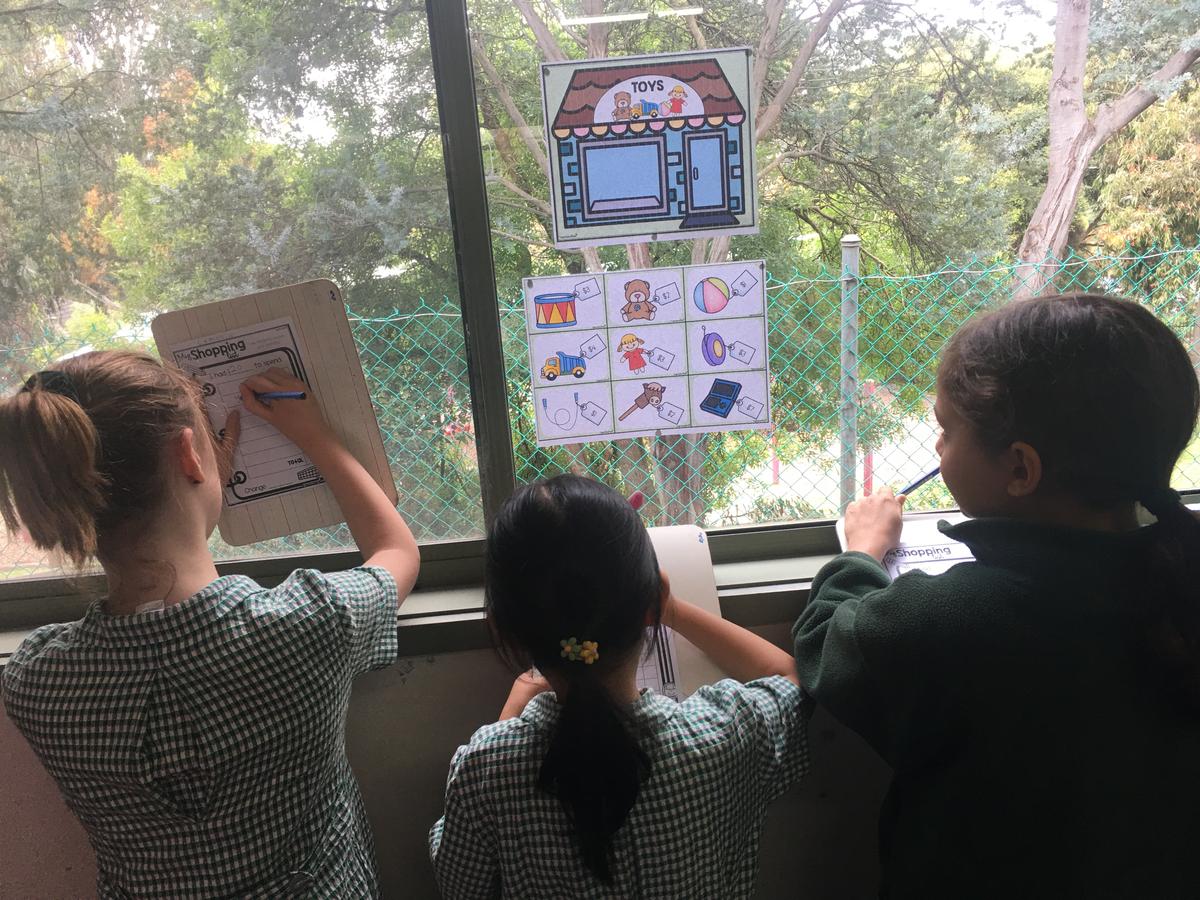
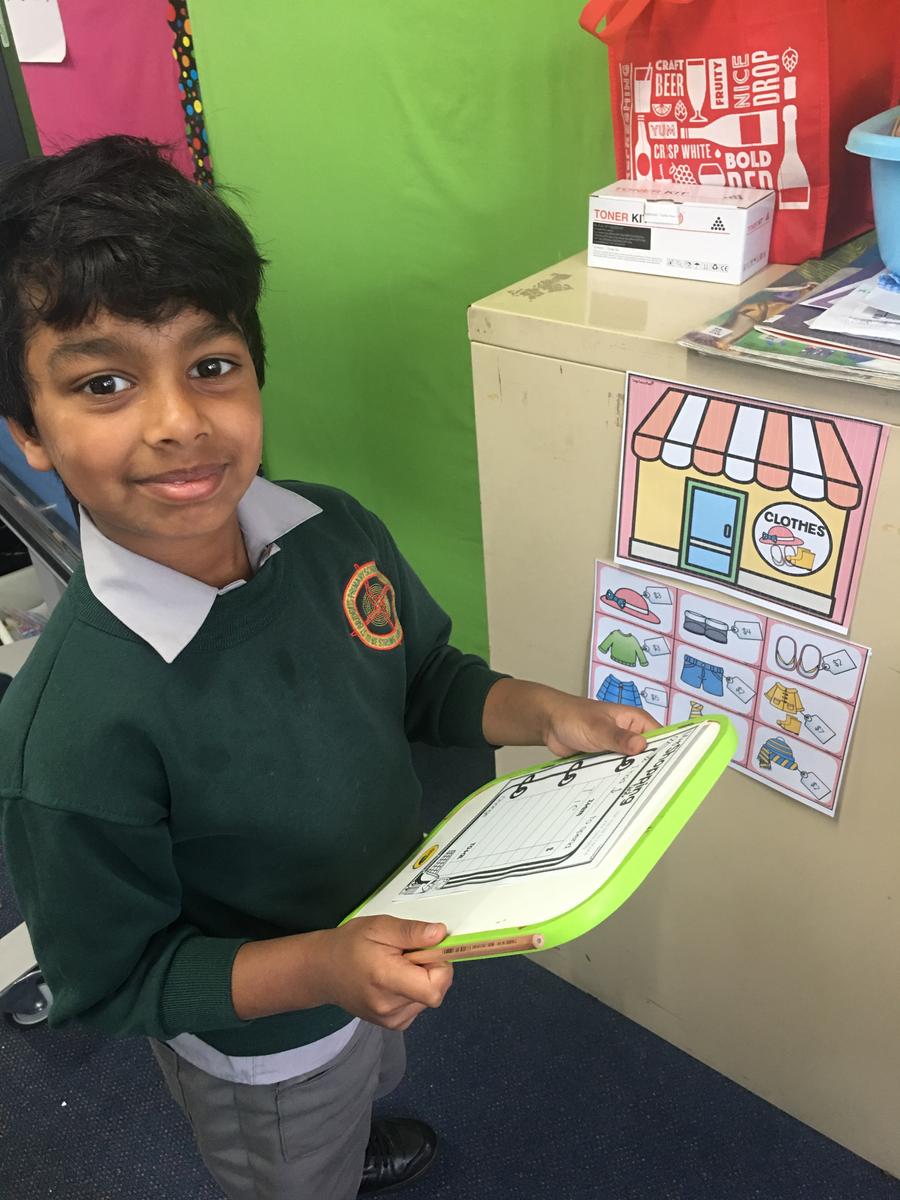



In Writing, students learned about a form of poetry called a Clerihew. The clerihew was invented by Edmund Clerihew Bentley, an English novelist and humourist, and they are a four lined, biographical verse with a rhyming couplet pattern of aabb. The poem is designed to be humourous in a silly or ridiculous manner and generally is about a person or character.
To begin with, the class watched a video on clerihews and saw an example of how to write one based on Little Red Riding Hood. We then had a go at writing one as a class on our Companion Dog, Angelique, which went as follows:
Angelique is smart and funny
She hardly ever goes to the dunny
She likes to eat from the bin
Her best friend's name is Finn.
There were lots of laughs as children tried to find rhyming words to make silly sentences that reflected the personalities of the people they were writing about. The final poems were highly creative and humourous and we hope that you enjoy reading them as much as we enjoyed writing them!
Jordie is very cool
And she has a pool
She is also very funny
And she has hair like honey.
By Mila
Max is funny
He likes when it is sunny
He jumps on my head
When I am lying in bed.
By Benjamin S
Bentley is black and white
But he likes to bite
Bentley likes to hide
But he doesn't like to go outside.
By Lakyn
Jazzy is very cheeky
Her favourite thing is to be cheeky
Jazzy’s favourite friend is me
Jazzy is always very happy.
By Cynthia
My Mum has a beautiful smile
She picks funny things off the aisle
Sometimes she tickles me
I sigh with relief when she sets me free.
By Teddy
Kind regards
Signora Gina Michieli and Miss Carly Wills
JLC Classroom Teachers